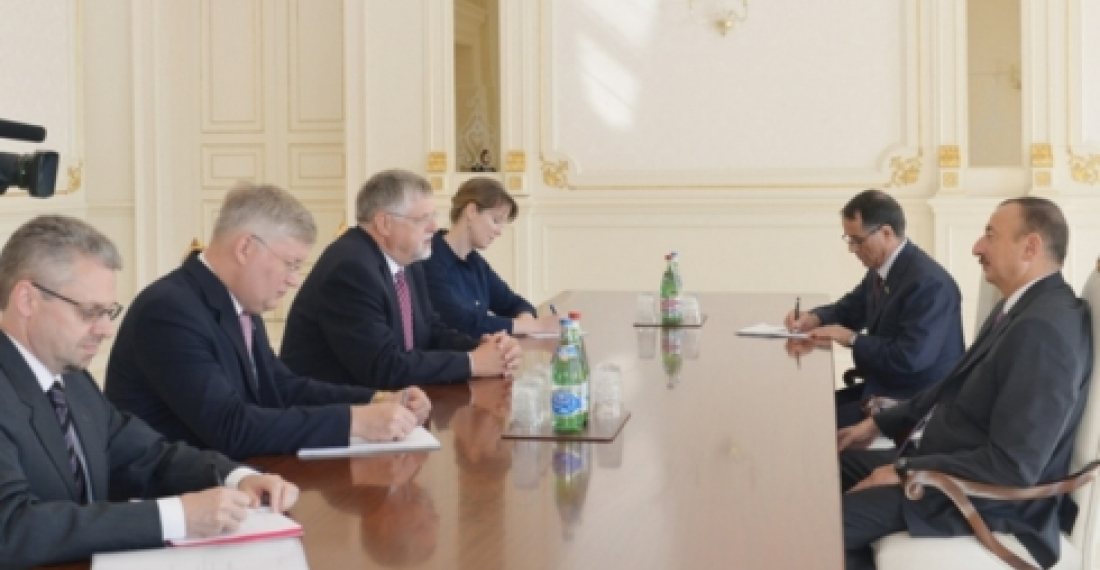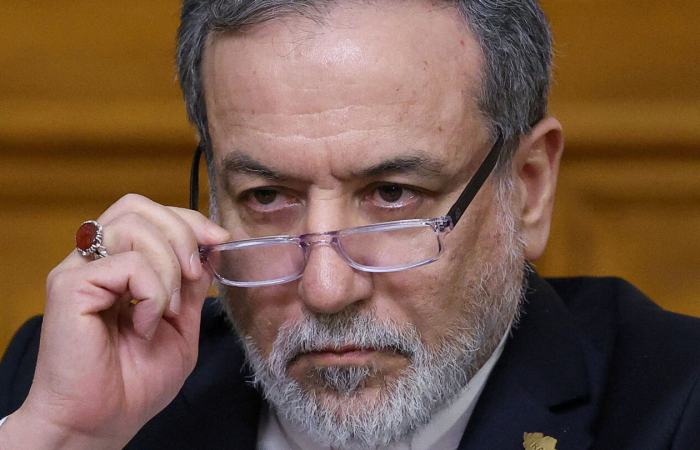Ново назначенный специальный представитель Европейского Союза на Южном Кавказе, Герберт Саблера, находится в Баку, где сегодня утром встретился с президентом Азербайджана Ильхамом Алиевым. Это его первый визит в Азербайджан после его назначения в начале этого месяца.
В ходе встречи с лидером Азербайджана Герберт Саблера заявил, что Европейский Союз желает расширить свои отношения со странами Южного Кавказа. Мы с нетерпением жду углубления сотрудничества с Азербайджаном. Саблер заявил, что Европейский Союз полон решимости внести свой вклад в разрешение конфликтов в регионе, в том числе нагорно-карабахского конфликта.
Со своей стороны президент Ильхам Алиев поздравил Герберта Зальбера с назначением на пост Специального представителя ЕС на Южном Кавказе и выразил уверенность, что его визит представляет хорошую возможность вблизи ознакомиться с ситуацией в регионе. Президент Алиев заявил, что если нагорно-карабахский конфликт не решить справедливо, то ситуация на Южном Кавказе, скорее всего, станет очень сложной.
Спецпредставитель ЕС позже встретился с министром обороны Азербайджана, генерал-полковником Закиром Гасановым.
Герберт Саблера и его делегация завтра направятся в Ереван для встречи с руководством Армении.
Источник: commonspace.eu
фото: Специальный представитель ЕС Герберт Саблера на встрече в Баку с Президентом Азербайджана Ильхамом Алиевым, 23 июля. (Фото любезно предоставлено пресс-службой президента Азербайджана).







